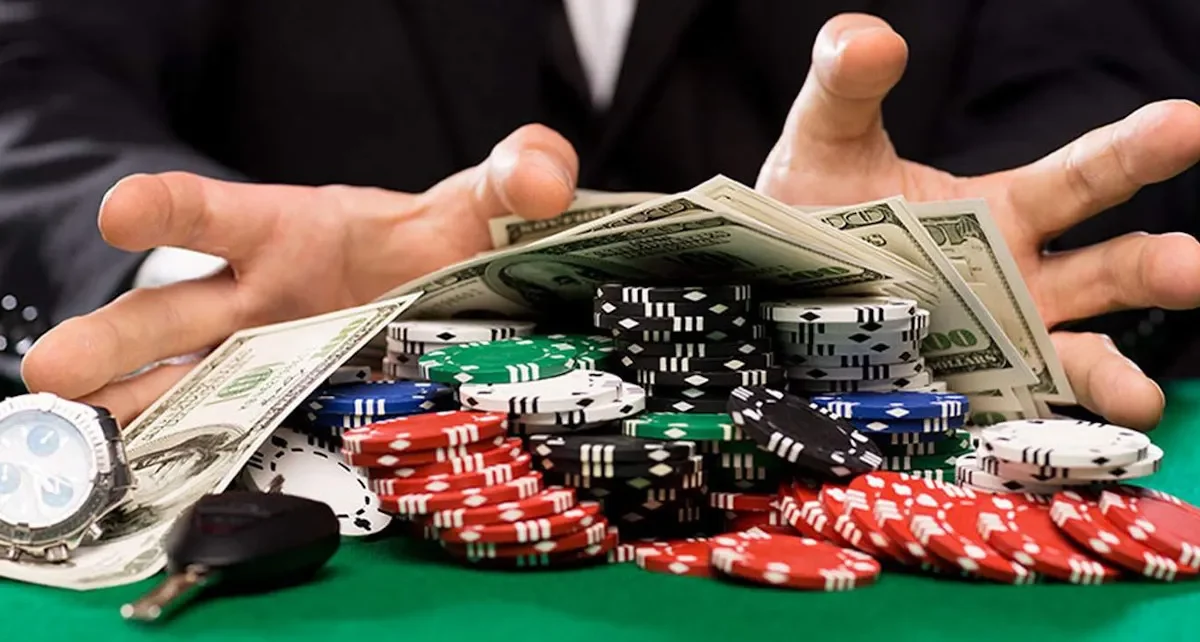The first step towards identifying gambling addiction is to understand what exactly constitutes an addiction. Gambling addiction includes a pattern of behavior that is not entirely rational. For example, an addicted person may lie to conceal their gambling activities, engage in illegal activities, and engage in multiple forms of cheating. The same can be said of people who lie about their gambling activities, cheating others, and relying on others to meet their debts.
In the DSM-5, gambling will be classified as an addiction, even though it does not involve substance abuse. The substance-related disorders task force recently included gambling in the category of addiction. This new definition was welcomed by gambling experts, as it resembles substance-abuse disorders. In addition, the pathological nature of gambling has been linked to its addictive effects on the brain’s reward system. Despite the lack of evidence pointing to a genetic link between gambling and addiction, it is still considered a serious mental illness.
If the gambler feels compelled to bet more, they should increase their social support system. Reach out to family members and friends. Make new friends outside of the gambling world. Volunteering for a worthy cause is another way to meet new people and increase your social circle. Joining a peer support group may also be an option. Gamblers Anonymous, a 12-step recovery program modeled after Alcoholics Anonymous, is one way to meet other gamblers who have overcome gambling addiction.
Although there is no known physical cause of gambling addiction, there are some common factors that contribute to the development of an addiction. Some individuals start gambling because they are desperate, while others become swept up in the high-risk excitement of placing a high-stakes bet. Afterwards, the gambler may feel suicidal and even suffer a major mental disorder. Once they have become addicted, it can be difficult to stop.
When someone engages in compulsive gambling, they experience an increased heart rate. These heart rates increase over time, so that a person who gambles heavily may have an increased risk of developing an alcohol abuse disorder. It is also possible that a person addicted to gambling may turn to gambling as a means to obtain drugs. Compulsive gambling, however, is likely to trigger the same response in the brain as alcohol addiction. Gambling triggers a defensive response in the brain that weakens the reward system and reduces the “pleasure” level. It also becomes conditioned to seek out more dopamine, a chemical in the brain that is associated with alcohol addiction and other forms of drug abuse.
Gambling addiction is a progressive disorder and is not limited to those who visit casinos once in a while. It can cause significant financial loss for a person, and can even interfere with personal relationships. People with gambling addictions may steal money or run up massive debts to satisfy their addiction. Gambling addiction may also lead to a life of self-destruction. Ultimately, the question becomes whether gambling is an addiction or not.




